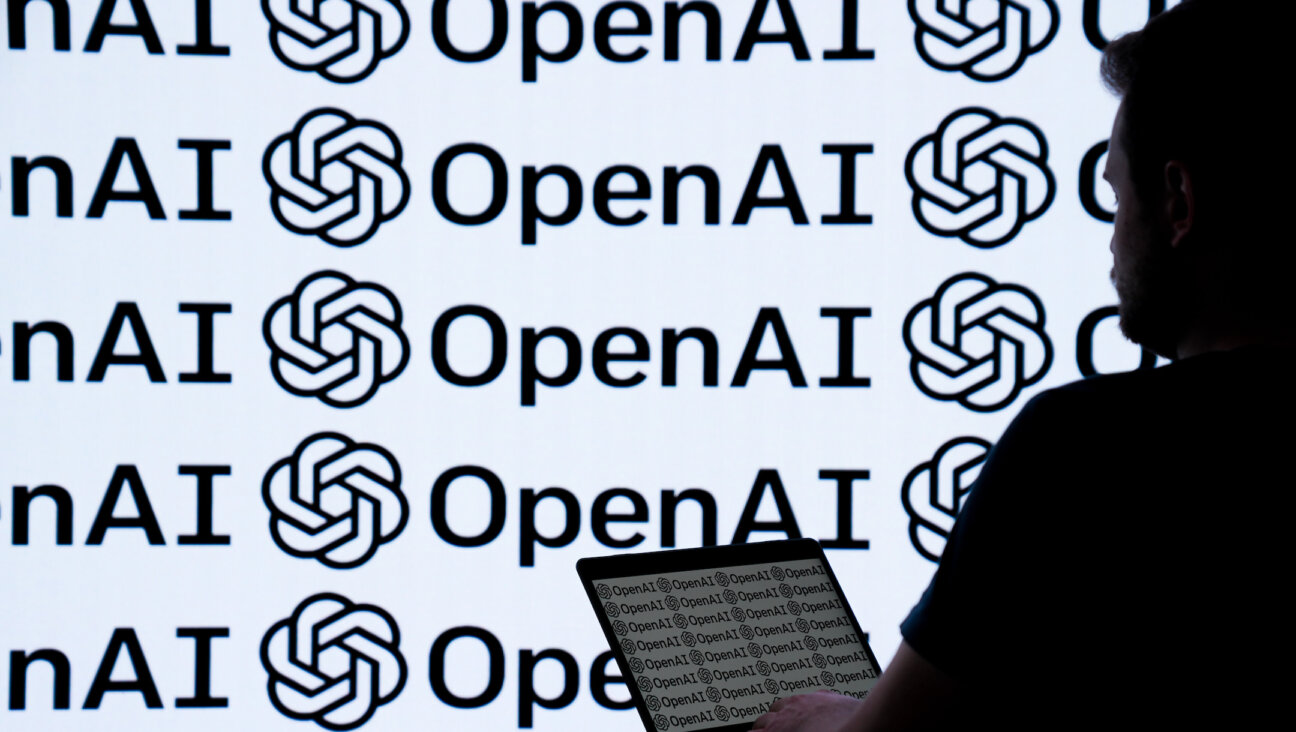Nobel Prize a Reminder to Europe

Image by getty images
Recognized for its contribution over the course of six decades “to the advancement of peace and reconciliation, democracy and human rights in Europe”, the European Union was awarded the Nobel Peace Prize last Friday. There has been the usual carping from the reliably reactionary elements in the American commentariat – “The once-significant award has become the self-esteem builder for undeserving underachievers, a sort of gold star for grown-ups”, states Jennifer Rubin. But one would be hard pressed to find a supranational institution which has done more to foster “fraternity between nations” than the EU and its predecessors.
The Nobel Committee was explicit in its intent when it awarded the Prize to the EU. With Europe “currently undergoing grave economic difficulties and considerable social unrest”, they wished for the continent’s leaders to recommit themselves to “the successful struggle for peace and reconciliation and for democracy and human rights”.
An excellent idea indeed, and to that end, it is necessary to recognise that while the peoples of Europe have never been closer – thanks to the absence of barriers on the movement of goods, services, capital, and people – the dual problems of racism and anti-Semitism which have long plagued Europe have not been entirely vanquished. In fact, in spite of our best efforts, during this period of austerity and turmoil, tensions between classes and communities have only increased, including incitements against European Jewry.
Just this month in France, for example, a Jewish male was rendered unconscious on the Paris Metro, with the JTA reporting that he may have been targeted merely for reading a philosophic book written by the Chief Rabbi of Paris. Meanwhile, French authorities have arrested seven suspects linked to the bombing in September of a kosher supermarket in northern Paris, all of whom were connected with a militant Islamist terror cell operating on European soil. Such incidences have been replicated across the nations. In Sweden, an explosion caused damage to the Jewish community centre in Malmo, which houses a kindergarten, meeting halls and apartments for the local populace of around 600 Jews. The assault marked a kind of zenith in reported anti-Semitic harassment in a city which is home to around 60,000 Muslims and witnessed, as reported by Ha’aretz, “a surge in hate crimes against Jews after Israel’s invasion of Gaza in 2009”. In recent months, attacks upon the Jewish community of Malmo have ranged in nature from verbal and physical abuse up to the desecration of a synagogue and Jewish cemetery.
Israel’s Foreign Ministry was correct to note in its congratulatory note to the European Union that the organisation has a special responsibility “for maintaining vigilance in the face of displays of racism and anti-Semitism within its borders”. Indeed, critical to the aforementioned era of peace and stability in Europe has been the decision made by the continent’s leaders to forge a new order not just upon economic and political cooperation and an agreed-upon set of Enlightenment values but also our common history and the memory of it.
In Europe, not a day passes, or so it seems, when the continent’s leaders aren’t partaking in acts of commemoration and memorialisation: for the First and Second World Wars; for the partition of the continent during the Cold War; and, above all, for the Shoah. Europe will forever be shackled to this terrible past. Both the awarding the Nobel Peace Prize and the recent uptick in anti-Semitic violence should serve to highlight how essential it is that, with each generation, the European project and the effort to never forget is renewed and made to include all the peoples of Europe, for the sake of ethnic and religious concord, as the demographic balance of the continent continues to shift.

I hope you appreciated this article. Before you go, I’d like to ask you to please support the Forward’s award-winning journalism this Passover.
In this age of misinformation, our work is needed like never before. We report on the news that matters most to American Jews, driven by truth, not ideology.
At a time when newsrooms are closing or cutting back, the Forward has removed its paywall. That means for the first time in our 126-year history, Forward journalism is free to everyone, everywhere. With an ongoing war, rising antisemitism, and a flood of disinformation that may affect the upcoming election, we believe that free and open access to Jewish journalism is imperative.
Readers like you make it all possible. Right now, we’re in the middle of our Passover Pledge Drive and we still need 300 people to step up and make a gift to sustain our trustworthy, independent journalism.
Make a gift of any size and become a Forward member today. You’ll support our mission to tell the American Jewish story fully and fairly.
— Rachel Fishman Feddersen, Publisher and CEO
Join our mission to tell the Jewish story fully and fairly.
Only 300 more gifts needed by April 30























